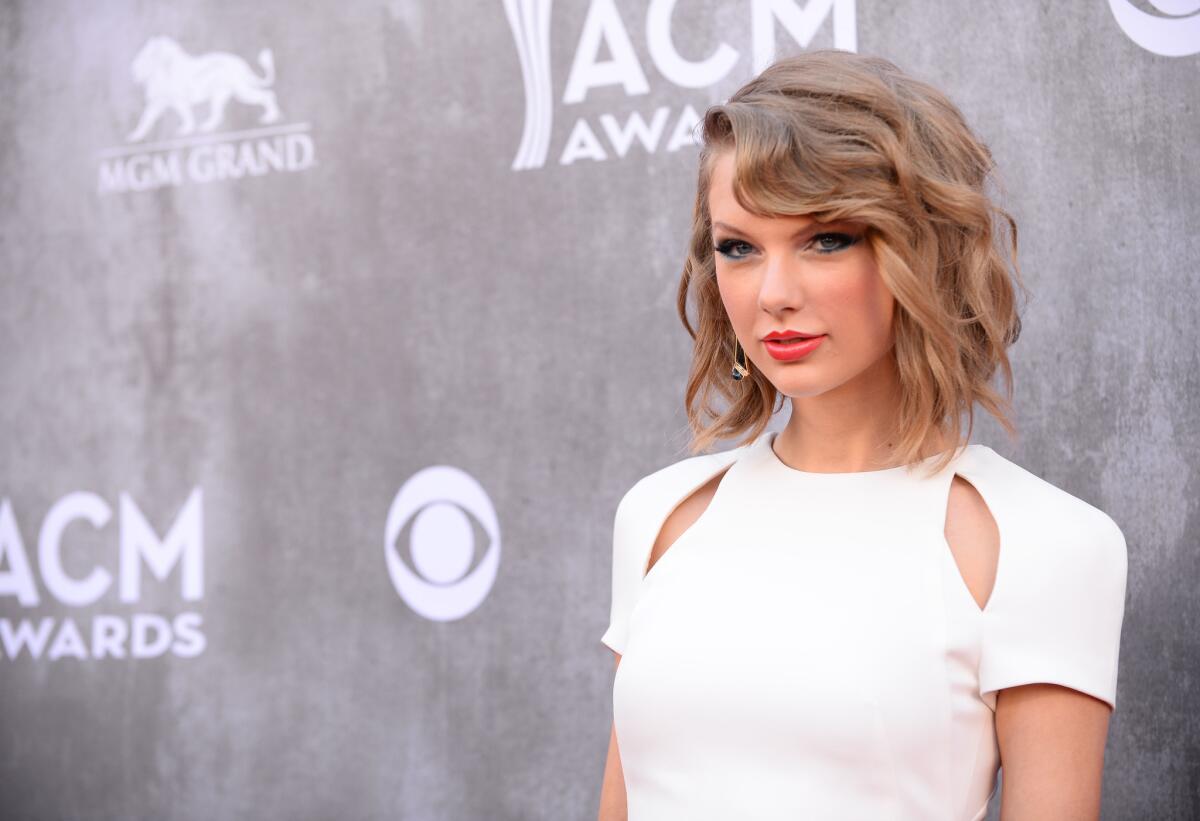Opinion: Every business should listen to Taylor Swift’s advice

The music industry isn’t dying, argues Taylor Swift in an Op-Ed for the Wall Street Journal. “It’s just coming alive,” she writes.
In her Op-Ed, Swift explains her strategy for making it as a musician in this day and age. It all boils down to this: Believe in your craft and produce a solid product that people are willing to pay for. Make an emotional connection with your audience. Understand the technological landscape so that you can use it to your advantage.
It’s a solid argument, and not just for the music industry. Any business with consumers needs to follow these rules.
One example I found especially resonant is the effort she takes to keep the magic alive for her fans even in our instant-access, immediate-gratification era.
“I think forming a bond with fans in the future will come in the form of constantly providing them with the element of surprise. No, I did not say ‘shock’; I said ‘surprise.’ I believe couples can stay in love for decades if they just continue to surprise each other, so why can’t this love affair exist between an artist and their fans?” she asks. She’s even a romantic when writing an Op-Ed for WSJ!
She gives this example: “In the YouTube generation we live in, I walked out onstage every night of my stadium tour last year knowing almost every fan had already seen the show online. To continue to show them something they had never seen before, I brought out dozens of special guest performers to sing their hits with me. My generation was raised being able to flip channels if we got bored, and we read the last page of the book when we got impatient. We want to be caught off guard, delighted, left in awe. I hope the next generation’s artists will continue to think of inventive ways of keeping their audiences on their toes, as challenging as that might be.”
Swift also emphasizes the importance of artists investing in their social currency: “A friend of mine, who is an actress, told me that when the casting for her recent movie came down to two actresses, the casting director chose the actress with more Twitter followers,” she writes, arguing: “In the future, artists will get record deals because they have fans — not the other way around.”
It may be tempting to reject Swift’s point of view or her sunny optimism, but she hasn’t said anything new here. This is the way of the world now, and she’s doing a particularly good job of making it in this landscape.
Of course, not all artists appreciate the changing tide. “For the last 20 years we’ve witnessed an assault on the arts by the technology community — especially when it comes to music,” T Bone Burnett wrote in our Op-Ed pages in June.
David Lowery of the bands Camper Van Beethoven and Cracker has been particularly outspoken. As Times editorial writer Jon Healey has explained:
“Lowery’s complaints all seem to boil down to lamentations about the scale and automation of the Web, along with the technology-fueled shift toward unlimited consumption and unlimited inventory. Unlike pay-TV, the music business wasn’t built to sell access to bundles of entertainment. It was built to let individual artists (and their labels) extract cash from fans of their specific works. So when consumers switch from paying $15 for one artist’s CD to paying $0 to $10 for access to all recorded music for a month, the artist’s revenue stream gets massively diluted.”
Unlike the old days, artists can’t rely on royalties to float them. They have to keep hustling, as Zoë Keating of the cello-rock band Rasputina wrote in our Op-Ed pages last year:
“Without a doubt today’s climate favors artists who are actively touring and releasing music. In other words, there is no retirement anymore, which makes the music industry like most other industries. Is that so bleak?” she asks.
Like Swift, though, Keating has embraced the change. “Yes, I have to keep making more music, keep touring and keep competing for my listeners attention. But that’s what I want to do anyway,” she wrote. The business of music continues to evolve, but the essence of being a musician remains the same: We make music, and we want people to hear it.”
And, as every musician knows, there are ways to turn a profit even as album sales dwindle. It’s called merch.
Follow Alexandra Le Tellier on Twitter @alexletellier
More to Read
A cure for the common opinion
Get thought-provoking perspectives with our weekly newsletter.
You may occasionally receive promotional content from the Los Angeles Times.











